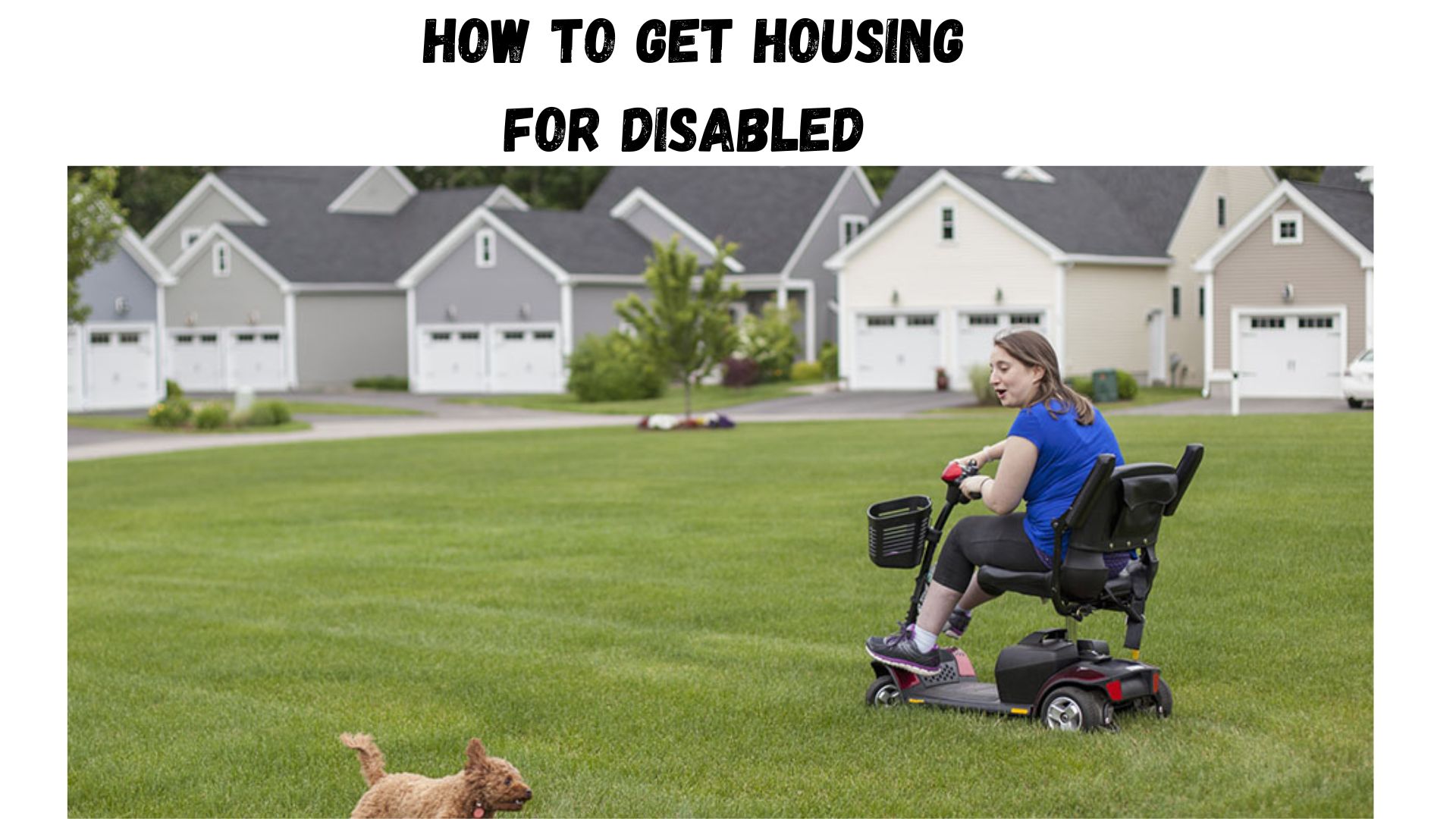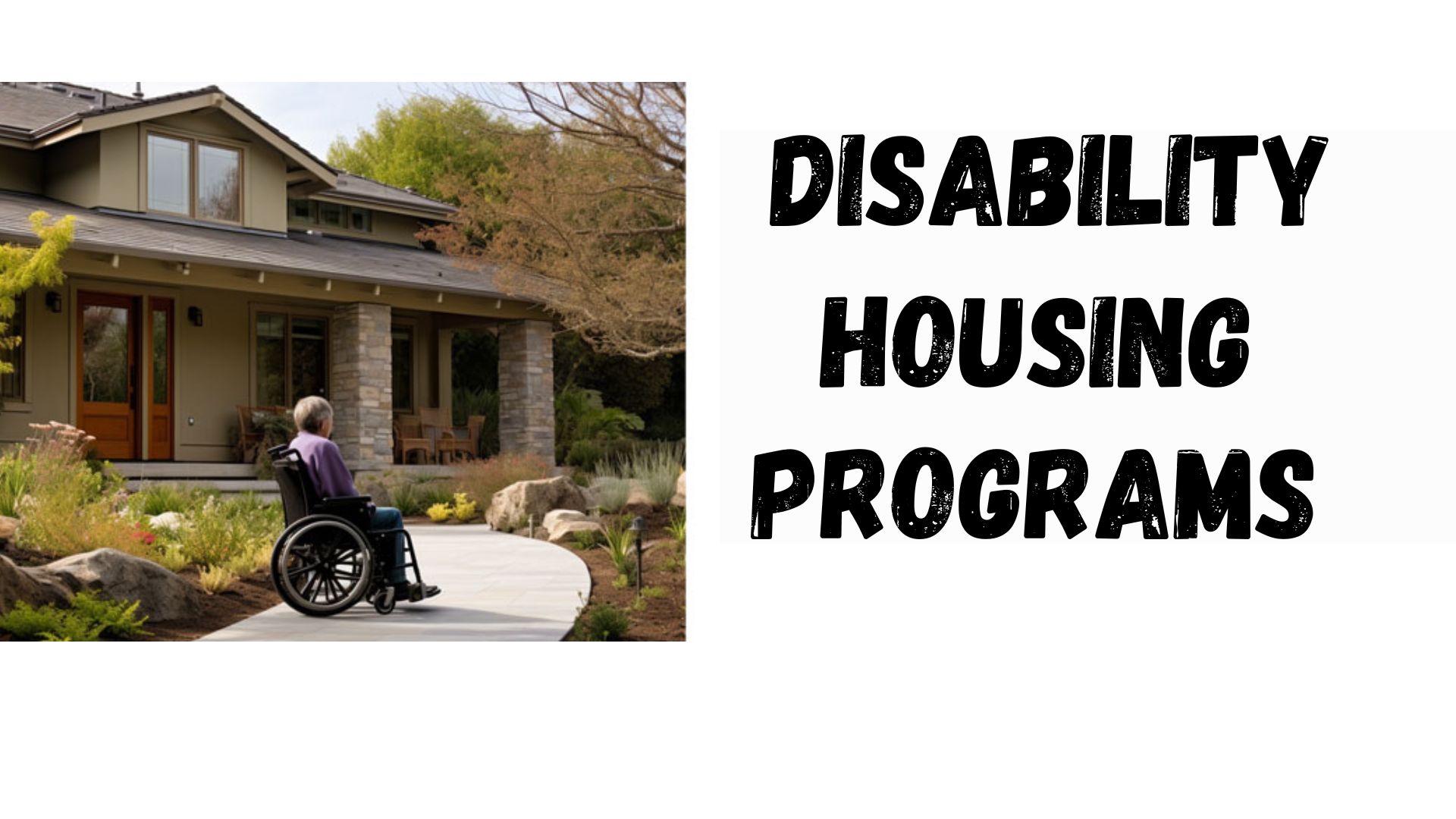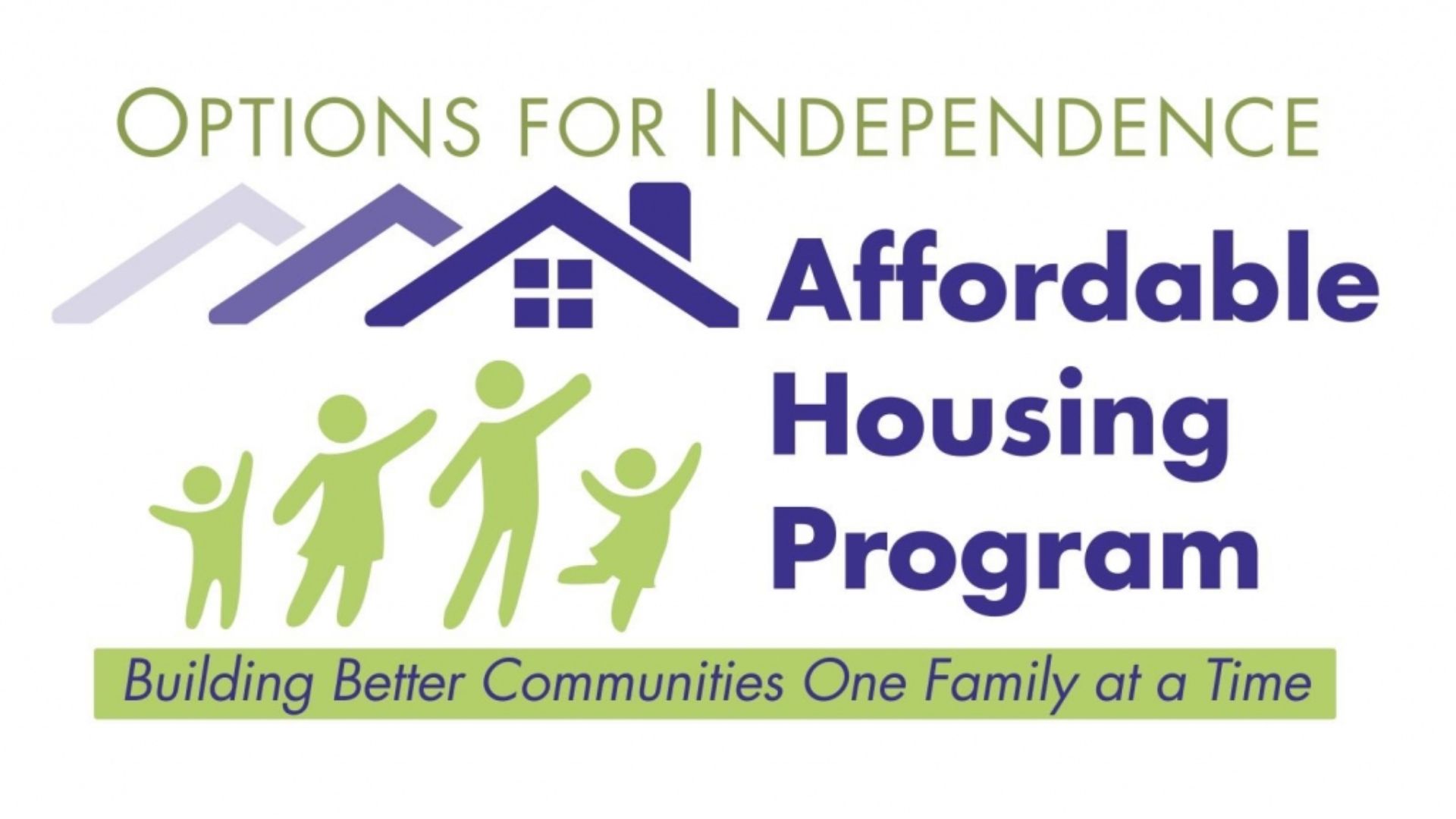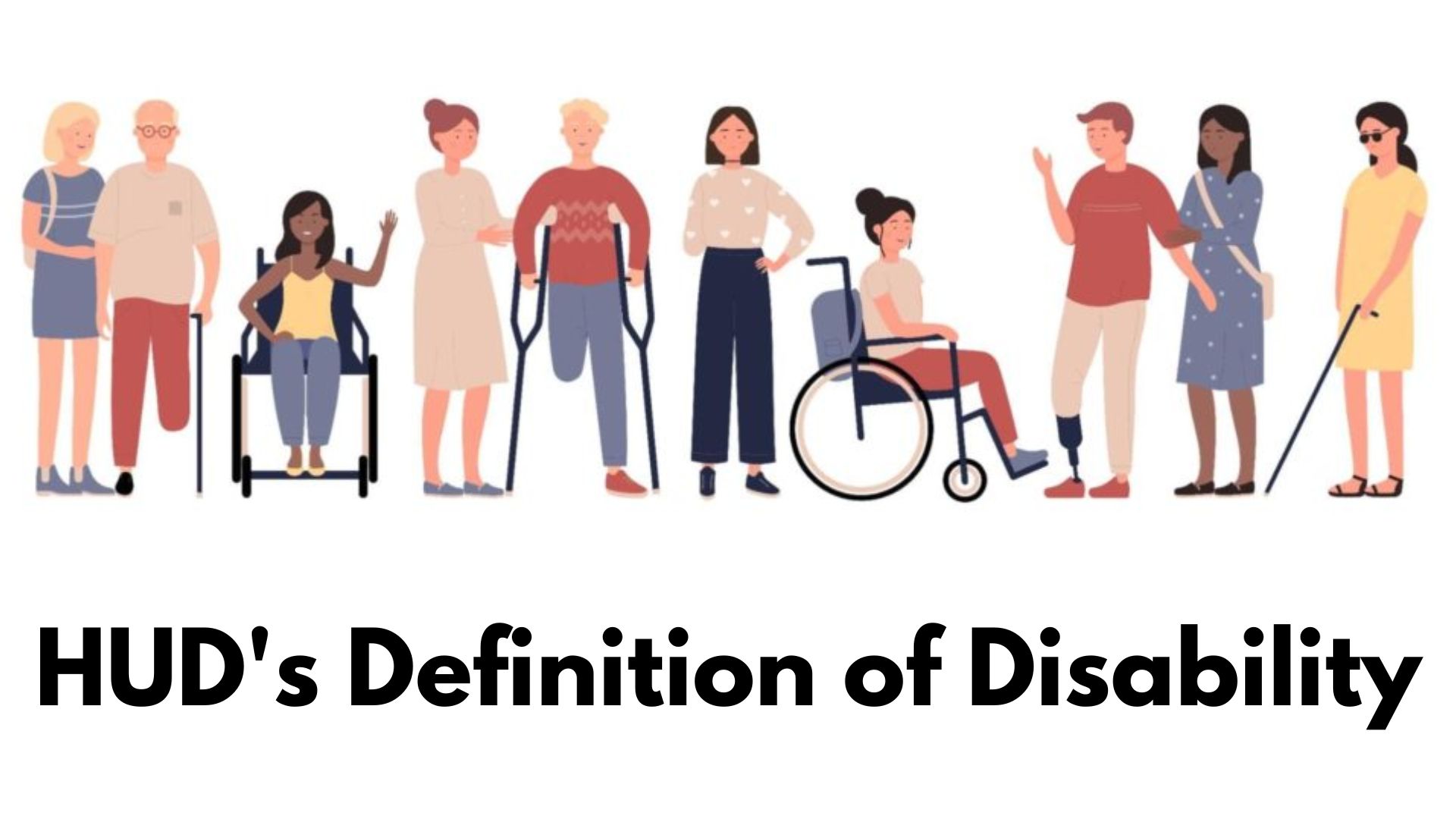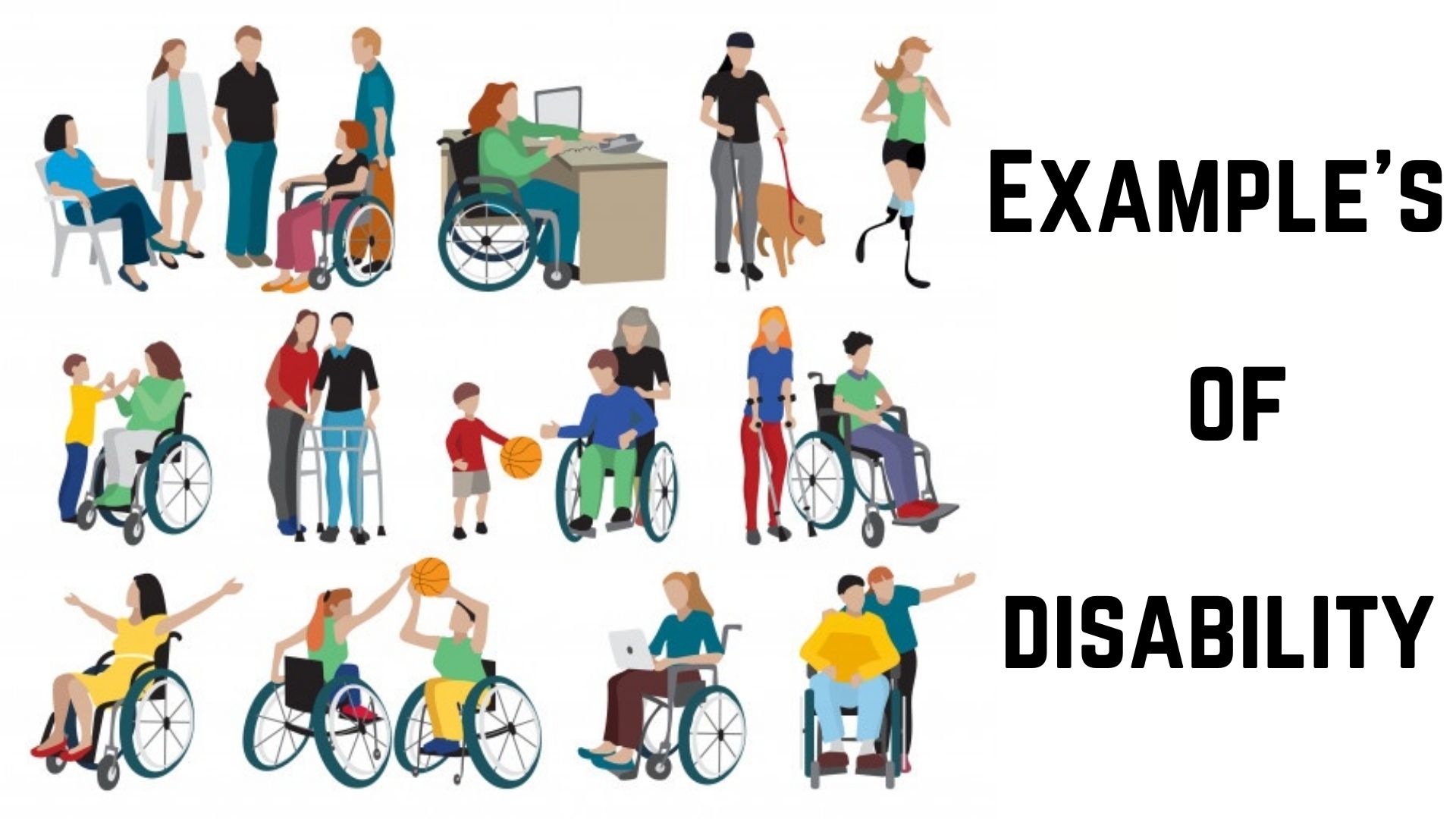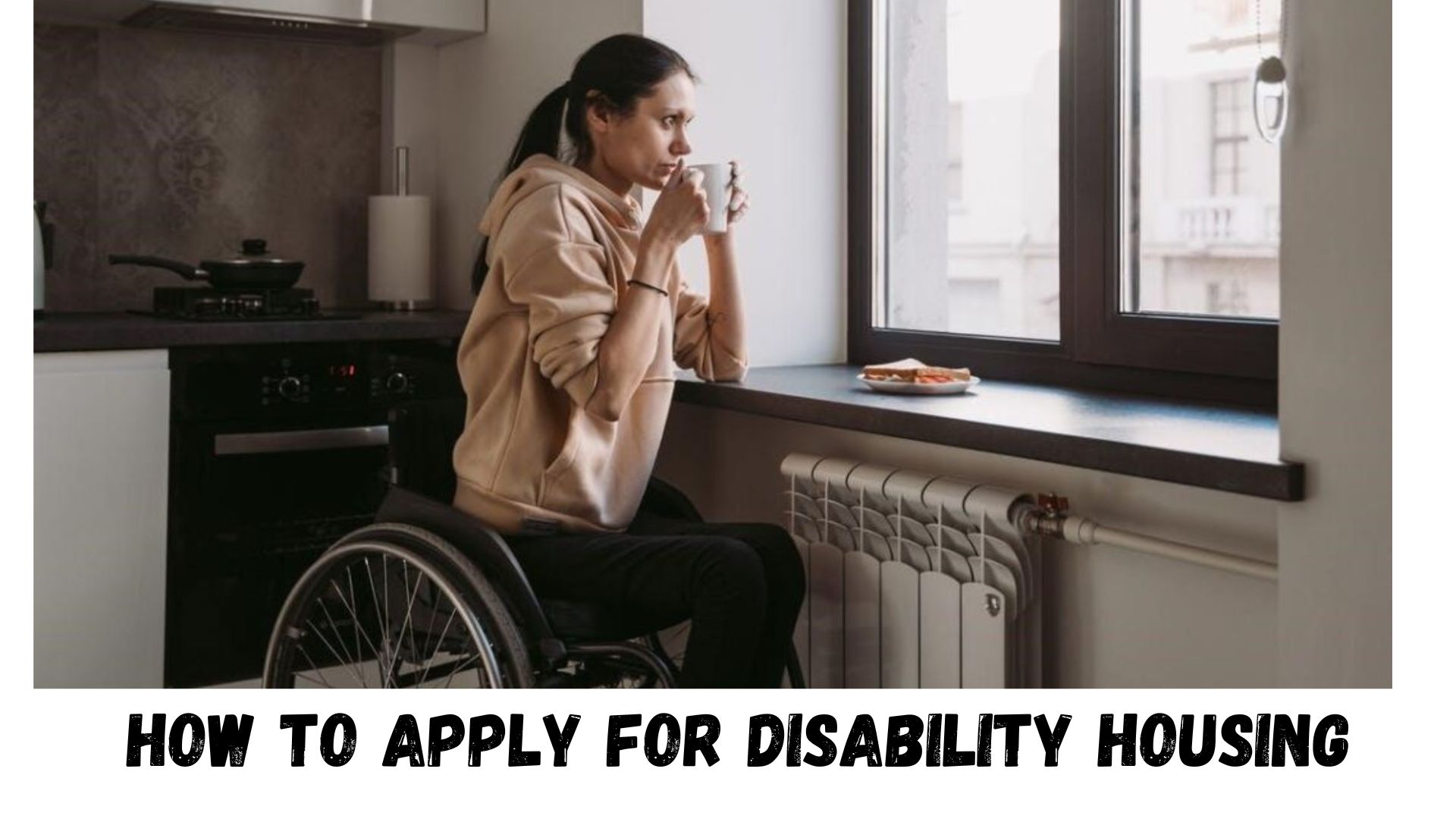Are you or a loved one in need of housing assistance due to a disability? Understanding how to navigate the complexities of disability housing programs can be daunting. In this article, we’ll explore how to get housing for disabled individuals, according to the U.S. Department of Housing and Urban Development (HUD). Please note that while we aim to provide helpful information, we do not hold professional degrees, and this is not legal advice. If you have legal concerns, consulting with an attorney may be necessary for housing.
Understanding Disability Housing Programs

If you’re facing housing challenges due to a disability, there are several federal programs and regulations designed to provide support. These include:
- Fair Housing Act: This act prohibits discrimination based on disability and ensures equal housing opportunities for all individuals.
- Section 504 of the Rehabilitation Act of 1973: This section prohibits discrimination on the basis of disability in programs and activities receiving federal financial assistance.
- Americans with Disabilities Act (ADA): While primarily addressing disability rights in public spaces, ADA provisions can also influence housing accessibility.
- Rights of the Person with a Disability in Federally Assisted Housing: This section outlines the rights and protections for individuals with disabilities living in federally funded housing.
Housing For Disabled: Available Programs

HUD offers various housing programs for individuals with disabilities, and it’s essential to understand the options available:
1. Community Development Block Grant (CDBG):
Established by HUD, the CDBG program offers grants to cities and counties to help provide decent, safe, and sanitary housing to benefit low and moderate-income residents.
- Assistance for Disabled: This program can fund housing rehabilitation and modifications for accessibility, ensuring homes are suitable for individuals with disabilities. It also funds public infrastructure projects that improve accessibility in communities.
- How to Access: Local municipalities receive CDBG funds and determine how they are used. Those interested should contact their local housing or community development department for information on available programs.
2. Home Investment Partnerships Program (HOME):
The HOME program offers formula grants to states and localities to fund a wide range of housing-related activities, including building, buying, and rehabilitating affordable housing.
- Assistance for Disabled: HOME can subsidize housing specifically tailored for disabled individuals, including specialized housing units or modifications to existing homes.
- How to Access: States distribute funds to local communities, so contact your state’s housing agency for specific opportunities.
3. Emergency Solution Grants (ESG):
ESG provides funds to address homelessness through intervention, emergency shelter, and related services.
- Assistance for Disabled: The program supports housing for persons with AIDS and other disabilities, addressing immediate shelter needs and longer-term housing stability.
- How to Access: ESG funds are distributed by states and local municipalities, so it’s essential to contact local homelessness agencies or community development departments.
4. Housing Choice Vouchers:
Commonly referred to as Section 8, this program provides assistance to eligible low-income families and individuals to rent housing in the private market.
- Assistance for Disabled: The program ensures that a percentage of homes are available and accessible for individuals with disabilities.
- How to Access: Local public housing agencies (PHAs) manage vouchers. Interested parties should contact their local PHA for application and eligibility details.
5. Section 811 (Supportive Housing for Persons with Disabilities):
Section 811 helps develop and subsidize rental housing with the availability of supportive services for very low-income adults with disabilities.
- Assistance: This program provides funding to landlords to offer reduced rents and support services to qualified individuals.
- How to Access: Housing agencies or nonprofit organizations typically manage these properties. Those interested should search for Section 811 housing in their area.
6. Section 202 (Supportive Housing for the Elderly):
Section 202 aims to provide elderly persons with the opportunity to live independently but with essential supportive services.
- Assistance: Besides housing, it may offer services like meal programs, transportation, or health-related services.
- How to Access: Similar to Section 811, housing agencies or nonprofit organizations typically oversee these properties. An inquiry about Section 202 housing in one’s area would be the starting point.
7. Homeless Assistance Programs:
These programs, including CoC (Continuum of Care), Rapid Re-Housing, and Permanent Supportive Housing, are designed to assist individuals and families experiencing homelessness.
- Assistance: Services range from emergency shelter placements to long-term housing solutions, with a focus on stability and self-sufficiency.
- How to Access: Local agencies and nonprofits often manage these programs. Contacting the local housing authority or shelters can guide interested individuals towards the appropriate resources.
Having a stable financial background is beneficial when applying for housing assistance. If you’re looking to rebuild your credit score, check out our guide on the best credit cards to rebuild credit.
HUD’s Definition of Disability

HUD defines a person with a disability as an individual who:
- Has a physical or mental condition significantly restricting one or more essential daily activities.
- Has a record of such impairment in medical documentation.
- Is seen by others as experiencing such a condition.
Major life activities include walking, speaking, hearing, seeing, breathing, working, learning, performing manual tasks, and caring for oneself. HUD also considers impairments affecting major bodily functions as disabilities.
Examples of Qualifying Disabilities
Some common disabilities that typically qualify individuals for housing assistance include:
- Deafness or blindness
- Intellectual disabilities
- Mobility impairments requiring a wheelchair
- Autism
- Cancer
- Cerebral palsy
- Diabetes
- Epilepsy
- Muscular dystrophy
- Multiple sclerosis
- HIV
- Major depressive disorder
- Bipolar disorder
- Post-traumatic stress disorder
- Traumatic brain injury
- Obsessive-compulsive disorder
- Schizophrenia
If you have one of these conditions, it’s likely that you qualify for disability housing assistance. While navigating housing assistance programs, it’s equally important to manage one’s finances effectively. For shopping enthusiasts, considering cards like the Victoria Secret Credit Card can provide benefits and exclusive offers.
How to Apply for Housing For Disabled?

Applying for disability housing involves a straightforward process:
- Consult with your physician: Your doctor will evaluate your condition and answer specific questions related to your disability.
- Complete the HUD form: Your physician will complete a HUD form confirming your disability and the need for housing assistance. The form will contain questions that require “yes” or “no” answers.
- Submit your application: Present the completed form to the housing authority or relevant agency in your area.
Remember, you do not need to provide extensive medical records or case files to the housing authority. The form simplifies the process, allowing your physician to verify your eligibility. If you’re a property owner interested in providing housing for individuals with disabilities, you might want to explore becoming a Section 8 landlord. Learn more about how to become a Section 8 landlord and make a difference in someone’s life.
Frequently Asked Questions
Q1. How do I qualify for disability housing assistance?
To qualify for disability housing assistance, you need to meet HUD’s definition of disability, which includes having a physical or mental impairment that substantially limits one or more major life activities. Your condition should be documented by a medical professional, and you may be eligible for assistance based on specific programs and preferences.
Q2. What housing programs are available for disabled individuals?
There are several housing programs available, including Section 8 Housing Choice Vouchers, Section 811 Supportive Housing, Section 202 Supportive Housing for the Elderly, and various grants and assistance programs under the Community Development Block Grant (CDBG) and Home Investment Partnerships Program (HOME). The availability of programs may vary by location.
Q3. Do I need to provide extensive medical records to apply for disability housing?
No, you do not need to provide extensive medical records. The application process typically involves a HUD form that your physician completes. The form contains specific questions related to your disability that require “yes” or “no” answers. Your doctor’s confirmation of your disability is usually sufficient.
Q4. Can I apply for housing assistance if I have a temporary disability?
While some housing programs focus on long-term disabilities, if your temporary disability is expected to last for a continuous period of 12 months or more, you may still be eligible for assistance. The key is the expected duration of your impairment.
Q5. How can I find housing authority contacts or resources in my area?
You can find housing authority contacts and resources in your area by visiting the official website of your local housing authority or contacting your city or county government. Additionally, HUD’s website offers a directory of Public Housing Authorities (PHAs) across the United States, which can help you locate the relevant agency for your region.
Conclusion
Getting housing assistance for a disability is possible through various HUD programs. Understanding HUD’s definition of disability and the application process is crucial to securing the support you need. If you have concerns about the process or need assistance, consider consulting with a housing expert. While we’ve covered the basics in this article, please consult with professionals for personalized guidance on your unique situation.
For further information, you can visit the Section 8 Consulting website or explore HUD’s official resources for additional details on disability housing programs and eligibility.

